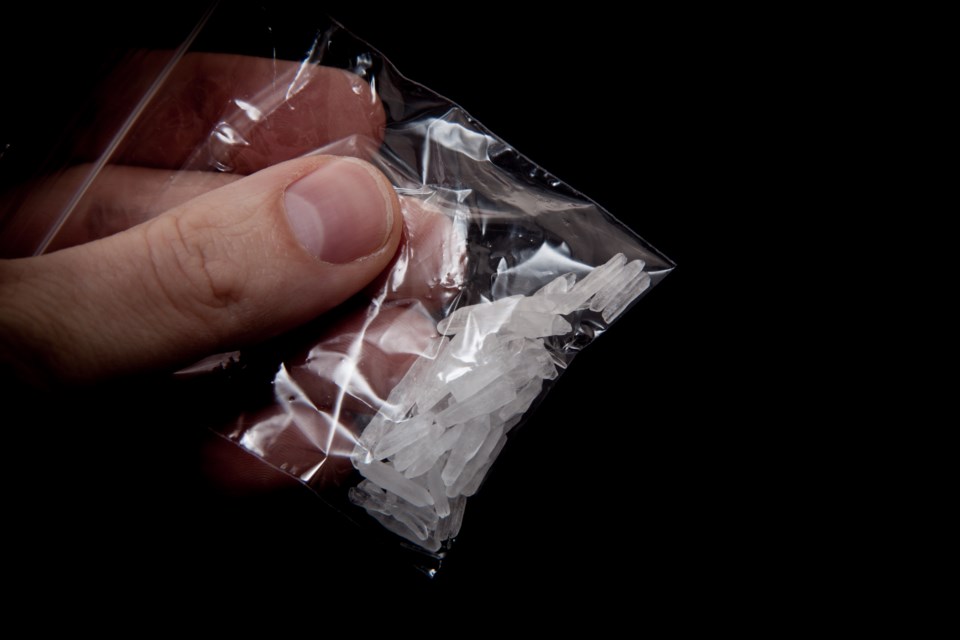People who acquire criminal charges must go through the regular court system, but an alternative mechanism exists outside that for those struggling with drugs.
Moose Jaw drug treatment court (DTC) is a substitute to secured custody for people with addictions who have received one or more criminal charges. Potential participants must plead guilty to the offences to be eligible for the program, typically lasting 13 to 18 months.
The program provides support, structure and expectations to help up to eight people with their addictions recovery while holding them accountable for their criminal charges, Stacey Simms, DTC co-ordinator, told the Moose Jaw Crystal Meth Strategy Committee recently.
Moose Jaw’s DTC program began in 2009 and receives funding from the Ministry of Justice. The program also receives support through in-kind partnerships with the Saskatchewan Health Authority (mental health and addictions), the John Howard Society, the Ministry of Corrections, Policing and Public Safety, Legal Aid and the Ministry of Social Services.
DTC is a team process involving Crown prosecutor(s), a defence lawyer, judge, program co-ordinator, addictions counsellor, probation officer and an income assistance worker, Simms said. The designated Crown prosecutor determines whether someone is eligible for the program, initiates referrals and submits applications to the probation office, which vets the file before approval.
Once admitted to the program, participants attend court twice a month to report on their progress. If progress happens, this brings rewards such as extended curfews and reduction of conditions. However, sanctions — such as increased conditions, short periods of remand or community service work — can be imposed when expectations are not followed.
Participants will also attend the Matrix program, an intensive outpatient treatment group that the health authority offers, focusing specifically on treatment and recovery from stimulate use.
“The DTC program is a lengthy commitment. The participant progresses through the program based on a combination of clean screens and completing program requirements,” Simms continued.
A participant’s journey through DTC starts with an assessment phase that lasts a minimum of 30 days, she explained. During this time, the participant and the court system decide if DTC is the right fit. Once a participant completes the assessment phase and is accepted into the program, he or she will enter track one.
The program consists of the assessment phase and three tracks. Progress through tracks is determined by criteria, while there is no maximum time that can be spent on each track. Once requirements are completed, a participant can apply to the treatment team to move to the next track. Graduation from DTC occurs once all track requirements are completed.
Random urine screens are also integral to the program.
DTC participants who have not been able to demonstrate progress may be returned to the traditional court system.
The Moose Jaw Crystal Meth Strategy Committee can be found on Instagram and Facebook.




